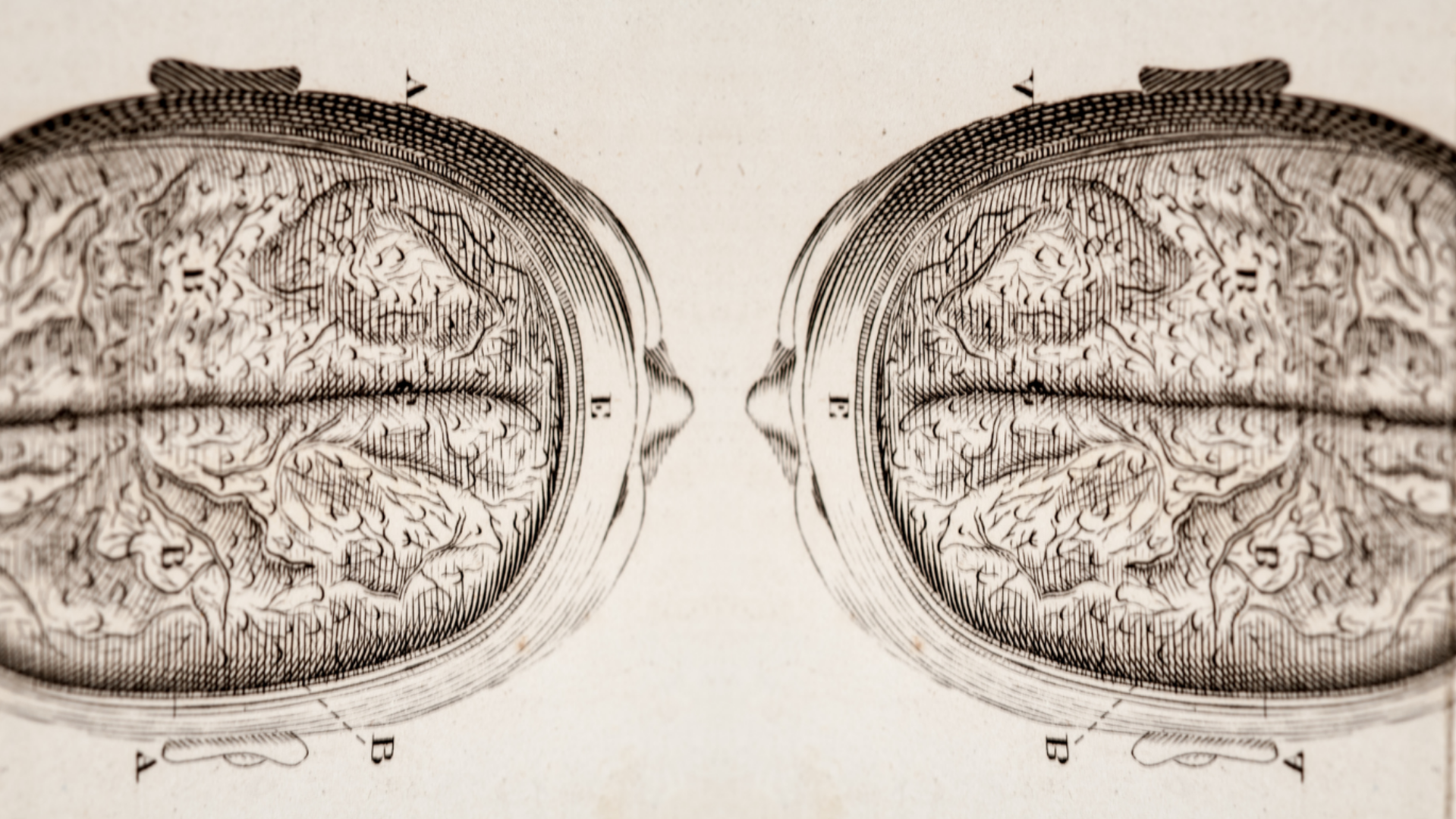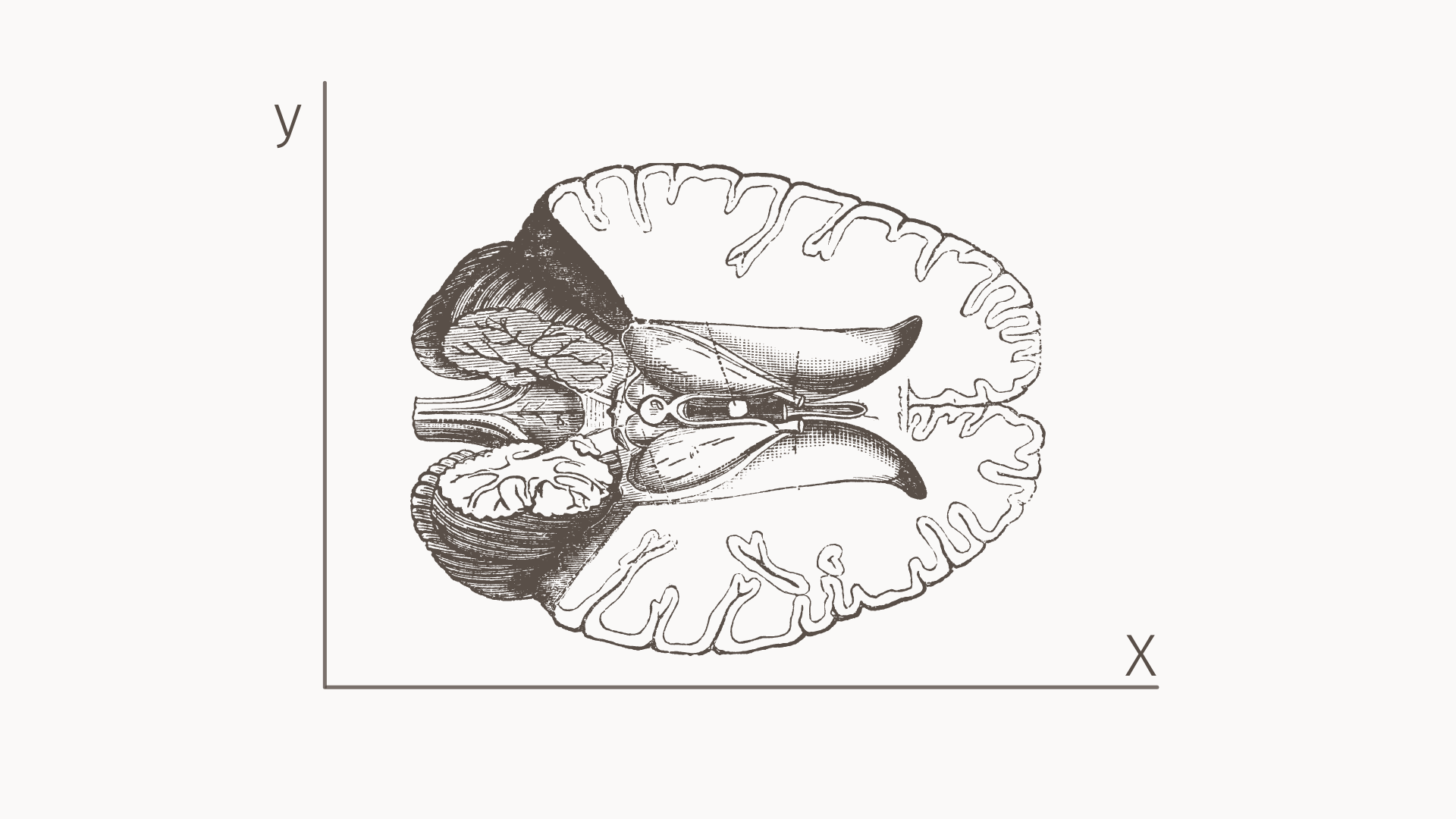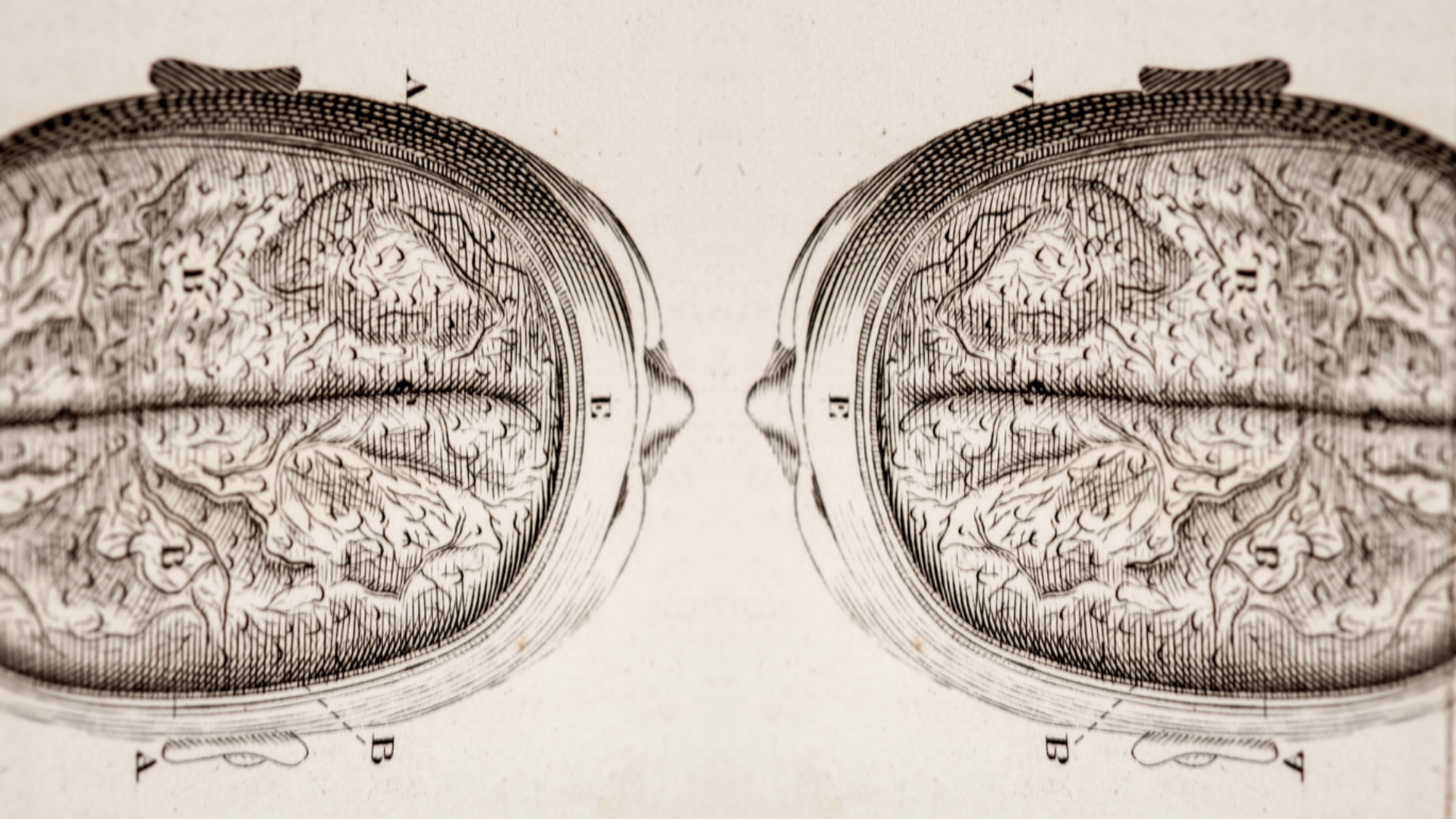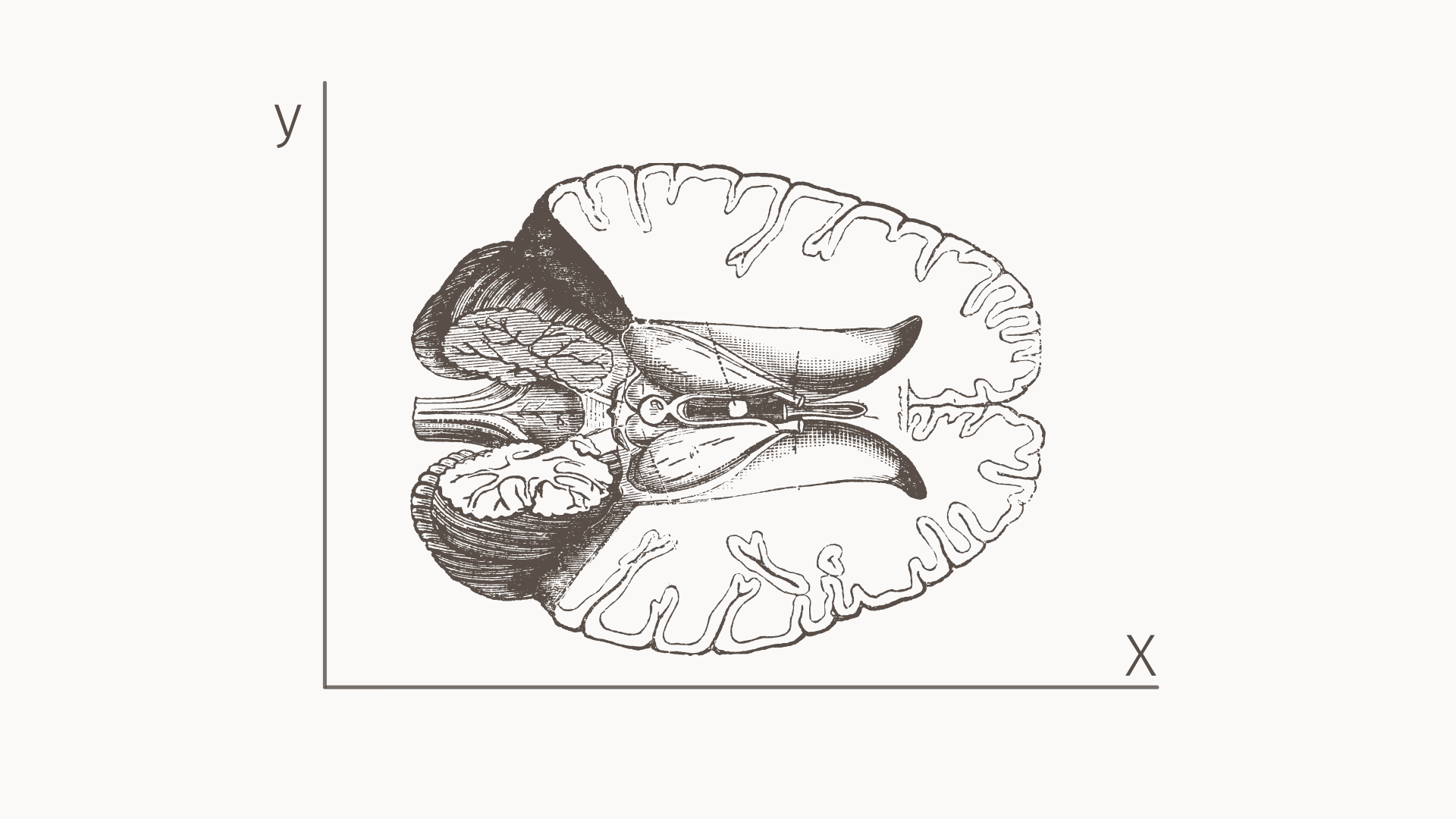RELATIONSHIP COUNSELLING
for individuals and couples
Sick of the same old arguments that seem to go round in circles and get you nowhere?
Take the first step with a free 15 min trial chatQualified. Experienced. Non-judgemental.
Aurelia Eyvelor, Relationship Counsellor
BA(HON) PSYCH (1st).
I completed my qualifications at Griffith University in Australia in 2010. In addition to my work as a counsellor, I have also worked as a university lecturer and tutor at Griffith University and Griffith College for several years, developing and teaching courses in human behaviour, communication, and counselling to practitioners in training.
I utilise a variety of theoretical orientations depending on client needs and preferences, however draw strongly on solution-focused and cognitive-behavioural approaches.

Know something has to change, but don't know where to start?

Complimentary trial chat
Book a pressure-free 15 minute video chat to see if telehealth, and my approach, are the right fit for you.

Book your paid consult
If you feel it's a good fit, you can book a full-length (50 minute) paid consultation here.

Attend your session via Video Chat
Exactly the same as an 'in office' session (without the commute, traffic, or parking). There's also zero pressure to change out of your pyjamas. Win.
**New opening hours. Sessions available now**
How can I help?

Improve Communication
Couples often find themselves trapped in cyclical argument loops; they're having the same kinds of escalating arguments over and over, and making zero progress. I help couples stop wasting time on repetitive arguments, and start working through issues as a connected team.

Reconnect emotionally
When couples present for counselling, they've often been struggling for so long they are psychologically and emotionally exhausted. It can be hard to empathise and connect in the way we need to in order to work through difficult issues when we feel as though we have nothing left to give.

Navigate differing expectations and needs
Conflict and dissatisfaction within relationships often reflect differing needs and expectations in areas such as household roles, distribution of labour, acceptable behaviours, boundaries, trust, individual versus relationship priorities and so on.

Rebuild Trust
Trust issues can arise from a variety of sources including, but not limited to, infidelity or dishonesty, pre-existing trust issues, or feeling we can't rely on our partner to follow through when they say they'll do something. With the right approach it is possible to rebuild trust.

Rebuild Self-esteem
When we've been struggling in our relationship for some time, often our self-esteem begins to decline. We might blame ourselves or wonder what's wrong with us We feel as though our partner doesn't value us enough to care, so we feel we aren't valuable. On top of this, we've invested so much into keeping the relationship afloat, that we've forgotten who we are as an individual.

Start enjoying intimacy again
A decline in or lack of physical intimacy is extremely common. There are a range of issues which contribute to this decline. Understandably, intimacy can be a sensitive topic to broach. However, once we uncover the underlying causes, as well as how these factors interact, intimacy concerns are generally very solvable.

Move from toxic and draining to healthy and fun
A toxic relationship takes more than it gives, and damages our emotional and psychological wellbeing. Our life becomes dominated by conflict and stress, leaving little room for anything else. With the right approach it is absolutely possible to reset, get back on the same team, and grow together.

Improve emotional management
When intense emotions arise, our brain moves out of 'logical reasoning' mode, and into 'protect me' mode. This leads to the activation of reflexive reactive responses which often take the form of behaviours that make things worse for the relationship in the long run. If we want to communicate effectively, we need to be able to regulate the emotions that get in the way.
My Approach.
I take a needs and solution-focused approach to conflict and communication. This means we are working to find a sustainable solution that is genuinely satisfying for both partners. We focus on what each person needs from the relationship in order to be happy, rather than who is right or wrong.
I also emphasise the need to make couples therapy pleasurable, rather than another chore on your already overloaded to-do list. Therapy should be something you actually look forward to. This means difficult discussions should be paired with 'recharge and reconnect' exercises both within and between sessions. As well as making time for sessions, we will need to begin reprioritising activities which recharge us as individuals and as a couple.
Relative to other therapists, I would describe my approach as more structured. Although I agree that emotions and underlying causes need to be thoroughly explored before we can find the best solution for you, I don't believe endless talk-therapy is effective. At some point we need to move beyond talking and toward identifying practical strategies and solutions.

Make progress now, without leaving the house
I conduct my sessions face-to-face-online. Sessions run exactly the same way as they would in a physical office (we can see and hear each other in the same way), minus the commute.
One of the biggest issues couples face today is extreme time scarcity. Between work, commuting, housework, parental responsibilities, cooking, and getting to the gym, it's no wonder we're exhausted and have nothing left to give.
Online relationship counselling helps to preserve the little time you have. Rather than taking up an entire evening each week with getting dressed, driving to the office, parking, and commuting home again, you can simply log-on from home, then get back to whatever you were doing as soon as the session is over.
Not sure if you're comfortable with the idea of online counselling? Find out more about how it works, or book a free, zero pressure 15 minute trial chat to see how you feel about it.
How does it work?
Know something has to give but don't know where to start?
Let's book in a free, zero-pressure video chat so you can get a feel for telehealth, as well as my approach.
Take the first stepWhat should we expect from our sessions?
My role as a counsellor and communication consultant is to serve as a non-bias mediator and educator. This means I do not take sides or make judgements about who is right or wrong.
During our sessions we'll focus on one, several, or all of the following (depending on the needs of each particular couple):
- developing communication strategies which reduce the likelihood of conflict
- developing emotional management strategies
- developing a clearer picture of your goals as a couple
- brainstorming and negotiating solutions to ongoing issues
- developing a clearer understanding of the needs of each person
- moving further toward a cooperative, 'us versus the situation', approach (and away from an adversarial, 'me versus you', approach)
In addition to the session, you'll typically also be given some exercises or strategies to implement between sessions. (It's essential that you complete these activities as this is actually where a lot of the important progress happens).


Productive communication
Productive communication emphasises the importance of understanding how the human brain typically responds during communication, so you are able to respond purposefully, choosing responses which make sense in the context of what you're trying to achieve, rather than reacting reflexively to emotions.
Click below to read more about the principles of purposeful communication.
Learn more
Behavioural Analysis
Sometimes you've made an agreement to change a particular behaviour together, but find yourselves stuck in the same cycles the very next week. You genuinely want to communicate differently, but you keep returning to the same reflexive responses.
Behavioural analysis utilises the principles of neuroplasticity, automation, non-judgement, individual agency, and sustainable change, to assist individuals and couples in identifying ineffective behavioural patterns, and implementing new behaviours.
Click below to learn more about behavioural analysis.
Learn more
